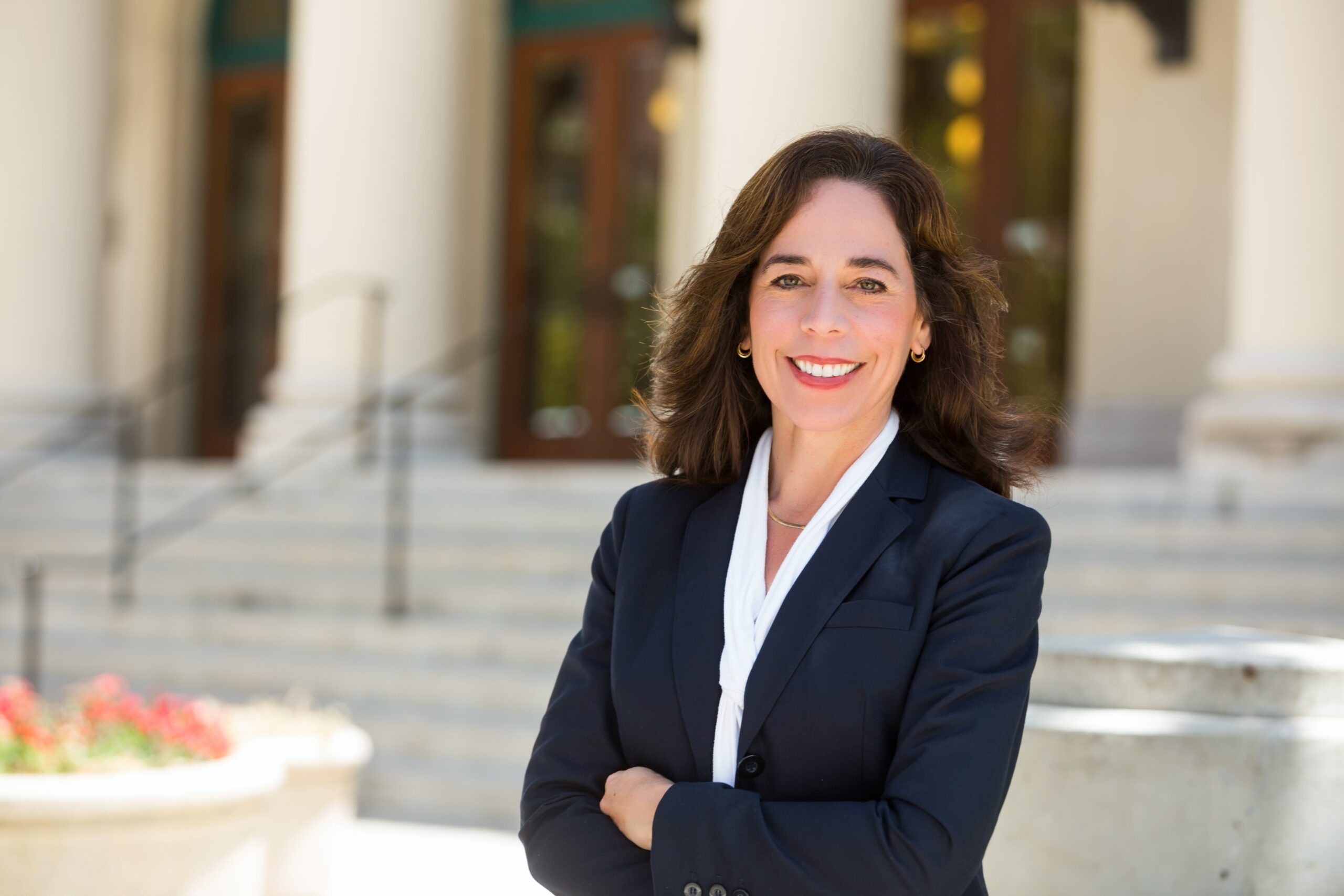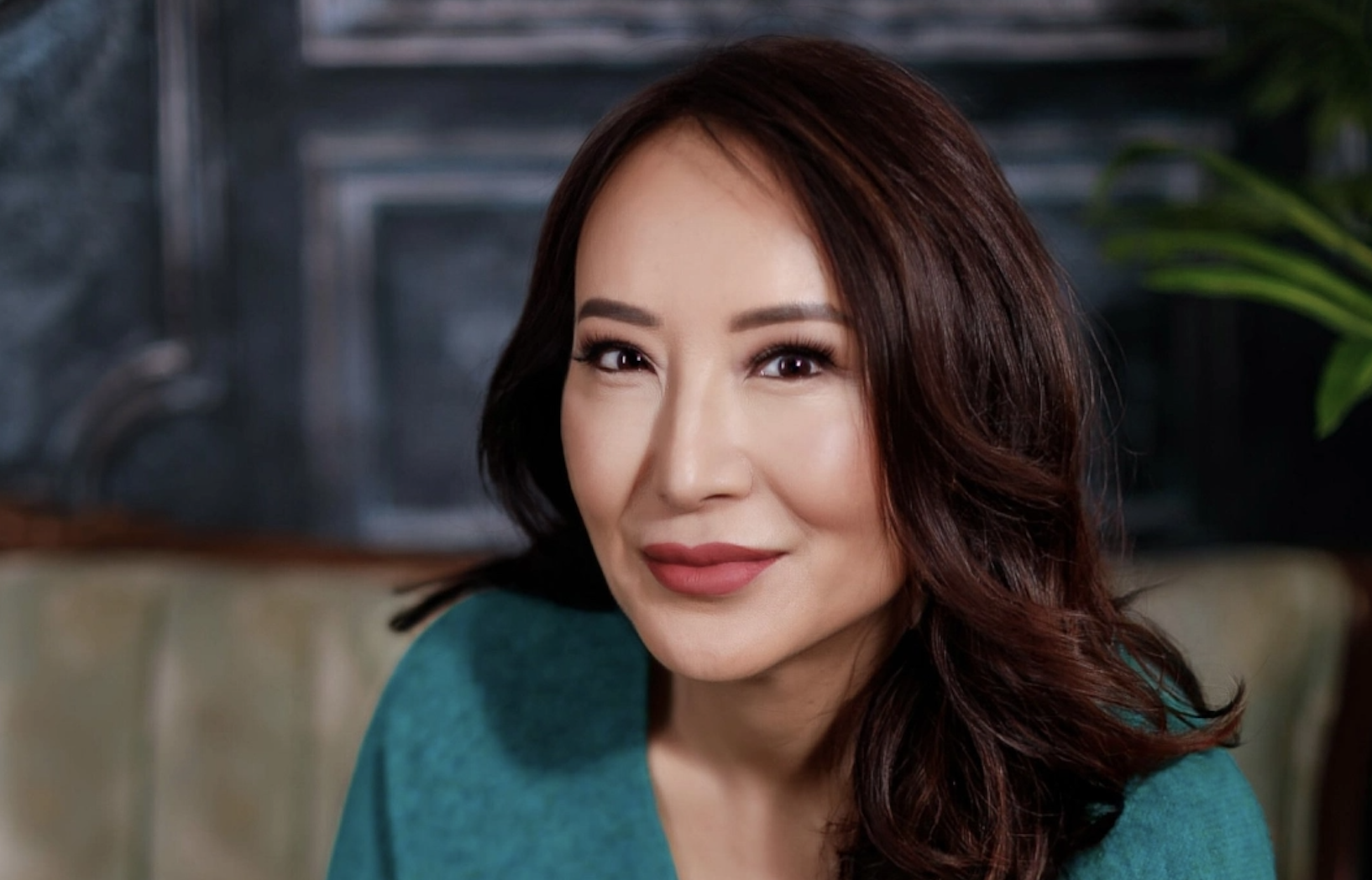
Denmark has a new political party, and it is all about intersectional feminism and destroying racism. The Feministisk Initiativ is an off-shoot of the Feminist Initiative parties that have already been established in other Scandinavian countries like Sweden (where it originated), and Norway.
Founded in June this year, the party says they are determined to bring a feminist agenda back to Denmark, and stand against the rising ride of racism and bigotry that has been sweeping across Europe as immigrants fleeing the Syrian civil war seek to find a new home. In countries such as France, The Netherlands and Great Britain most notably, recent elections have seen far-right candidates stoke up anti-immigrant fear at the ballot box. Although the aforementioned countries have managed to fend of extremist leaders from gaining power, with the Brexit vote, for instance, it’s clear they are already having an influence.
The Feministisk Initiativ platform is the antithesis of far-right sentiments, and they plan on growing their support with upcoming elections. However they have already had their taste of politics in the recent municipal elections in Copenhagen. The party has 12 committee members currently, and put forward 5 candidates for the elections. One of the women was Muneeza Rosendahl, 37, who is also a leader in Feministisk Initiativ.
In an interview with Danish media outlet Politiken, she says the party is not worried about potentially scaring people off with the word “feminism”, as they plan to help people understand what it really means.

“Feminism is not just about equality, but about everyone taking part in society equally. It’s a criticism of power and a fight for civil rights. Perhaps the word ‘feminism’ will scare people a little to start with, but we hope to win the word back. We want people to understand that we are not just a bunch of angry women that want to get one over on men, but that we support equality for both men and women, and that we also want to improve men’s rights,” she said.
The party’s platform includes advocating for equal maternal and paternal leave, gender quotas in political committees, and zero employment discrimination through anonymized job applications, according to a feature story on PRI.
Muneeza also said the party is intentionally intersectional, meaning they want to address the way issues like gender intersect with race, especially given the current anti-immigrant sentiment. And although Scandinavian countries are generally known for being far more progressive than the rest of the world when it comes to equality, Denmark has seen a plateau in their progression, according to some academics.
“We have actually been a little successful too early. At some point, people simply started to think, ‘Well, check! We have accomplished a lot, we have kind of solved the problems on the feminist agenda and now let’s move onto other things’,” said Ulrik Kjær, professor of political science at the University of Southern Denmark.
According to current World Economic Forum’s Global Gender Gap report, Denmark ranks 14th in the world, while its Scandinavian neighbors Finland, Norway, Sweden and Iceland are in the top 5. Denmark currently has a 15.1% gender pay gap, and women make up only 33% of municipal council seats, a figure that has remained stagnant since the 1990s.

The Feministisk Initiativ believe their platform could help move Denmark forward, and be the antidote against right-wing, anti-immigrant sentiment. Party members spent time handing out flyers and speaking to prospective voters the day before the municipal election, and partnered with local women’s rights activists from Africa and the Middle East. Between them, they spoke a mixture of Danish, French, English and Arabic, and spoke about social issues with refugees from Lebanon and Palestine.
Unfortunately the party did not win any seats in the November21 municipal elections, however they were extremely happy with the reception to their presence. They received 2,060 votes in the Copenhagen city elections and 3,528 votes in the regional elections, according to PRI, which Muneeza says was a positive sign going forward for the 2019 parliamentary elections, especially given that the party was only founded in June.
“When you look at it in that sense, then we are really, really satisfied that several thousand people cast their vote for us. We look at it as confirmation that the public really wants a feminist party,” she said.
Aside from aspiring to stand against bigotry and racism, Feministisk Initiative believes they are the party to challenge existing gender norms and help Denmark to be more progressive. Their platform issue of gender quotas in city councils aims to dismantle gender bias from the local level.

“We want to challenge this because we don’t believe there is a biological reason for women to be more interested in social care committees and men to be more interested in technical committees. It comes from childhood, when girls at daycare play princesses and boys play robbers and soldiers. So there are norms and structures that oppress and discriminate, and this is what we are taking issue with. We want to create a space where we don’t see people as groups, but as individuals, and give them individual choices,” said Muneeza.
“We don’t think it’s right that city council committees can resemble homes from the 1950s,” she added.
We look forward to seeing how the party fares in 2019, and the growth in support in the lead-up, but we can also look to how other Feminist Initiative parties have succeeded elsewhere in Europe to know their platform could very well be a winning strategy. Sweden’s feminist initiative has gained seats in the municipal councils as well as European Parliament, and the government has adopted a “feminist foreign policy”, where the aim is to contribute to gender equality and the full enjoyment of human rights by all women and girls.
In fact, Sweden is the first country in the world to officially adopt a feminist foreign policy, which includes a focus on human rights, freedom from gender violence, participation in peace efforts, political participation, economic empowerment, and sexual and reproductive health rights. Because of the influence of Feminist Initiative, Sweden’s Minister for Foreign Affairs, Margot Wallström, was awarded the Agent of Change title by UN Women in New York not too long ago.
Perhaps more countries should follow suit and adopt feminist policies, both at home and abroad, ensuring equality is more that just an ideal, but a social, political and economic reality for everyone.

















